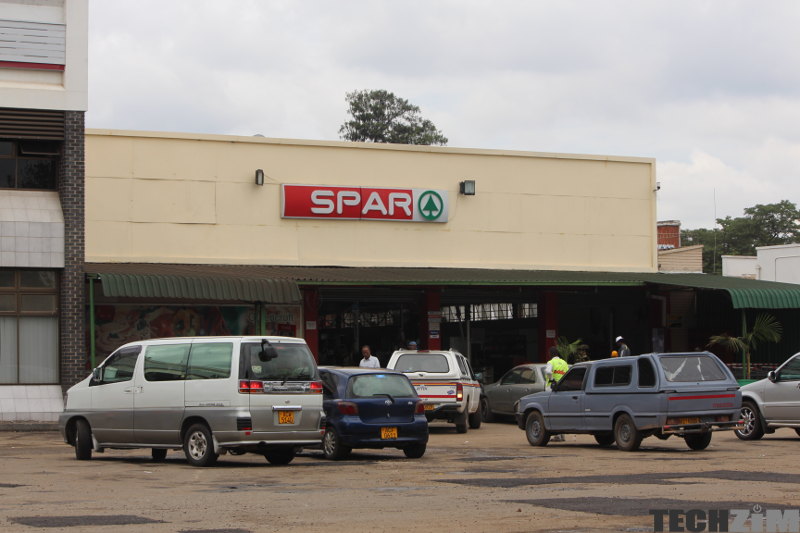|
Getting your Trinity Audio player ready...
|
By Own Correspondent
A recently established union has raised deep concern about the gazetted ‘slave’ wages in the retail and wholesale sectors.
In a hard-hitting press release, Progressive Retail and Wholesale Workers Union of Zimbabwe interim general secretary, Phillip Mafundu, said the union is shocked with wages approved by the National Employment Council for the Commercial Sectors (NECCS).
“We are shocked by the paltry slave wages that have been approved and announced by the National Employment Council for the commercial sectors of Zimbabwe (NECCS),” Mafundu said.
According to the union, while the minimum wage was raised from US$225 to US$265 payable at bank rate there are no allowances and the US$ allotment.
“The salaries (minimum) were raised from US$225 payable at the bank rate to US$265 payable at the bank rate. What boggles my mind the most is the fact that there is no portion that is to be paid in USD and no allowances.
“The whole amount is said to be paid at the prevailing interbank rate. All other sectors which are related to the commercial sector are now well above US$265 and have a specific amount that should be paid in USD,” added the PRWWUZ boss.
The new union is agitating for the disbandment of the NECCS for failing to serve the interests of workers.
“The NEC commercial should be dismantled. It is no longer serving its purpose and has caused suffering for a lot of employees in the sector who are now the bulk of the employees in Zimbabwe since the economy is now much based on buying and selling.
“The organisation is now being led by inept and greedy councillors who do not have workers’ interests at heart,” agitates the labour union.
The PRWWUZ also accused NECCS of ‘dismally failing to execute duties which are core to its existence. For example, dispute resolution, collective bargaining on conditions of service that include the safety of employees and insurance like medical aid, pension, and funeral, and lastly allowances like accommodation and transport.
The union is pushing for a minimum of US$450 payable as US$250 cash and US$200 equivalent at the interbank rate.






